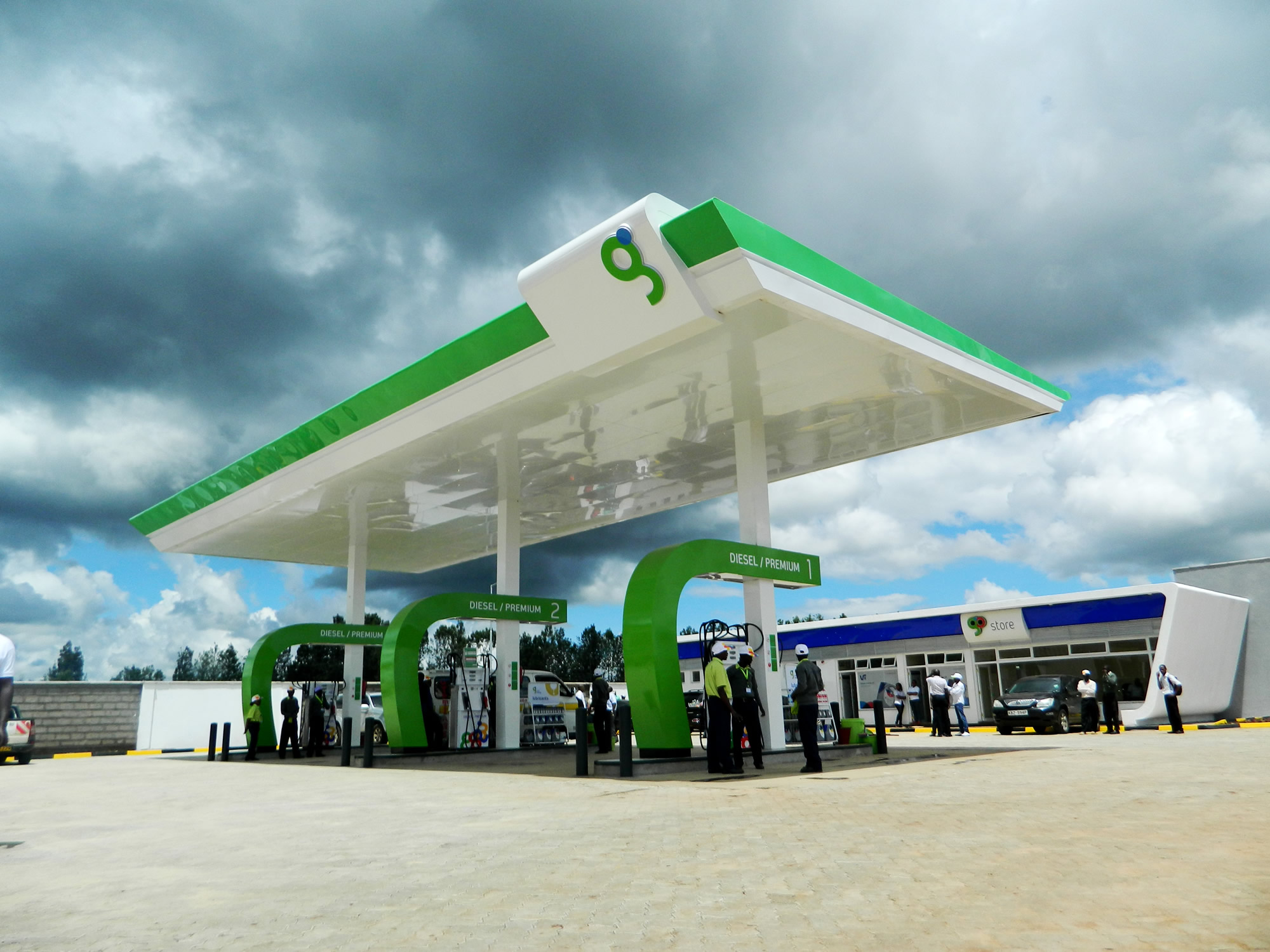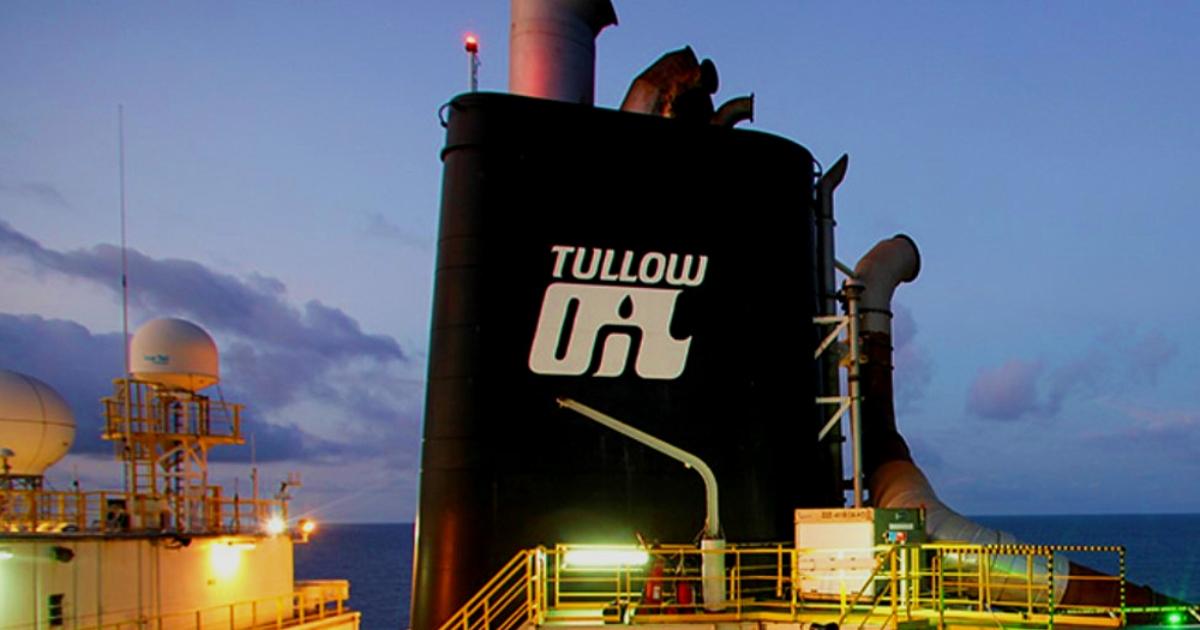Business
Kenya to Start Commercial Oil Production in 2026 after Tullow Exit, CS Wandayi Confirms

Kenya’s dream of becoming an oil-producing country is finally gaining real momentum. After years of delays, setbacks, and uncertainty, Energy Cabinet Secretary Opiyo Wandayi has confirmed that Kenya will begin commercial oil production by the end of 2026.
This marks a major turning point for the country’s energy sector, especially in Turkana County, where vast reserves have remained untapped.
The government now looks to transition from exploration to full-scale development, backed by new investment and a fresh player in the field. The message is clear—Kenya is ready to join the ranks of oil-producing nations.

Kenya’s long wait to join the oil-producing world is nearly over. With Gulf Energy stepping in and the government fully backing the process, the clock is ticking toward a 2026 production launch. [Photo: Courtesy]
Commercial Oil Production in Kenya to Begin in 2026
Energy CS Opiyo Wandayi announced that commercial oil production in Kenya will officially start by the end of 2026. He made this revelation during a televised interview on Monday morning, sharing key updates on the future of the long-stalled Turkana oil project.
Wandayi explained that British company Tullow Oil, which led Kenya’s oil exploration since 2012, is exiting the country. In its place, Gulf Energy Ltd is finalising the purchase of Tullow’s Kenyan assets. The new investor has laid out a plan to push the Turkana project forward.
“Gulf Oil is in the process of finalising the buying of the Kenyan Tullow Oil business,” Wandayi said. “We are hopeful they will bring the financial and technical power needed to move the project to the next level.”
He added that the government will approve the long-awaited Field Development Plan (FDP) once it is satisfied with Gulf’s readiness. This plan is the final piece required to kick off the commercial phase. Once approved, oil will start flowing from Turkana to the coast by late 2026.
Turkana’s Oil Reserves Hold Massive Potential
The Lokichar Basin in Turkana, specifically the South Lokichar sub-basin, holds one of East Africa’s most promising oil deposits. Tullow Oil made its first major discovery at the Ngamia-1 well in 2012. Since then, other wells—including Amosing, Twiga, and Etuko—have confirmed the region’s rich reserves.
Estimates suggest the South Lokichar Basin holds about 560 million barrels of recoverable oil. However, the total oil in place could be up to 4 billion barrels, though not all of it is extractable under current conditions.
The Field Development Plan aims to exploit 433 million barrels over 25 years. At full capacity, the project could produce between 60,000 and 100,000 barrels of oil per day in its early production stages.
For a country like Kenya, which has long relied on fuel imports, this would be a game-changer—if the plan moves forward smoothly.

Commercial oil production from the Lokichar Basin could unlock billions in revenue, transform Turkana County, and redefine Kenya’s economic future. Now, all eyes are on the new investor and the government to deliver on this long-promised energy breakthrough. [Photo: Courtesy]
No Refinery Yet but Plans Are Still on Track
Despite the progress, one question remains: Why hasn’t Kenya built its own oil refinery? Wandayi addressed this concern directly. He explained that the current oil deposits are not enough to justify the massive investment required to build a refinery.
“Based on scientific research, it would be uneconomical for the country to establish a refinery right now,” he said.
Instead, Kenya will continue to export its crude oil and import refined products. This strategy, while less ideal, is considered more practical under the current circumstances.
Wandayi made it clear that commercial oil production is still a top priority for the government. By removing the refinery option from immediate plans, the ministry can focus on extraction and export, ensuring oil wealth begins flowing sooner rather than later.
Kenya Insights allows guest blogging, if you want to be published on Kenya’s most authoritative and accurate blog, have an expose, news TIPS, story angles, human interest stories, drop us an email on [email protected] or via Telegram
-

 Grapevine2 weeks ago
Grapevine2 weeks agoAlleged Male Lover Claims His Life Is in Danger, Leaks Screenshots and Private Videos Linking SportPesa CEO Ronald Karauri
-

 Grapevine1 week ago
Grapevine1 week agoRussian Man’s Secret Sex Recordings Ignite Fury as Questions Mount Over Consent and Easy Pick-Ups in Nairobi
-

 News5 days ago
News5 days agoTHE FIRM IN THE DOCK: How Kaplan and Stratton Became the Most Scrutinised Law Firm in Kenya
-

 Investigations1 week ago
Investigations1 week agoMulti-Million Dollar Fraud: Three Kenyans Face US Extradition in Massive Cybercrime Conspiracy
-

 Economy6 days ago
Economy6 days agoIran Demands Arrest, Prosecution Of Kenya’s Cup of Joe Director Director Over Sh2.6 Billion Tea Fraud
-

 Business7 days ago
Business7 days agoA Farm in Kenya’s Rift Valley Ignites a National Reckoning With Israeli Investment
-

 Africa1 week ago
Africa1 week agoFBI Investigates Congresswoman Ilhan Omar’s Husband’s Sh3.8 Billion Businesses in Kenya, Somalia and Dubai
-

 Business2 weeks ago
Business2 weeks agoM-Gas Pursues Carbon Credit Billions as Koko Networks Wreckage Exposes Market’s Dark Underbelly

















